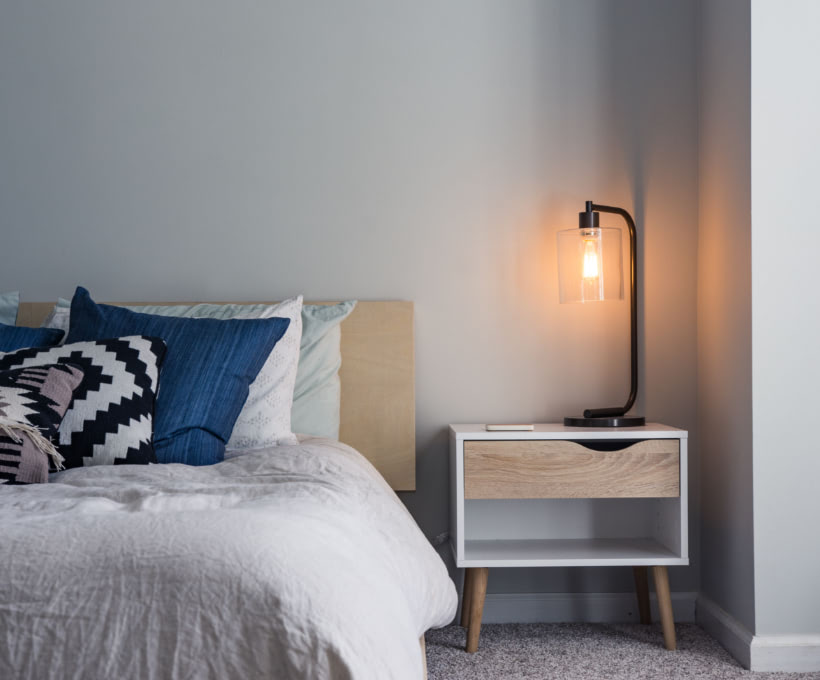Address
Jepara, Jawa Tengah
59428
Work Hours
Monday to Friday: 7AM - 7PM
Weekend: 10AM - 5PM
Address
Jepara, Jawa Tengah
59428
Work Hours
Monday to Friday: 7AM - 7PM
Weekend: 10AM - 5PM

Indonesia has established itself as a leading source of high-quality furniture, renowned for its exceptional craftsmanship and diverse designs. For businesses looking to import furniture, partnering with the right Indonesian supplier can open doors to unique products that stand out in the global market. However, finding the best supplier requires careful consideration and due diligence.
In this article, we’ll provide essential tips to help buyers find reliable Indonesian furniture suppliers, ensuring a successful partnership that meets quality standards and business needs.
Before you start your search for a supplier, it’s crucial to understand the Indonesian furniture market and the types of products available. Indonesia is known for various styles, from traditional carved wooden pieces to modern, minimalist designs. Key materials include teak, mahogany, rattan, and bamboo.
Knowing what you’re looking for will help narrow down potential suppliers and ensure you choose a partner who specializes in the products that match your business needs.
Not all suppliers are created equal, so it’s essential to thoroughly research and verify the credentials of potential partners. Look for suppliers who have a proven track record of exporting furniture, are compliant with international standards, and have positive customer reviews.
Key Factors to Check:
Indonesian furniture is celebrated for its craftsmanship, but quality can vary between suppliers. Request samples or detailed photos and videos of their products to evaluate the workmanship, material quality, and finish.
Quality Indicators to Consider:
It’s also a good idea to inquire about the supplier’s quality control measures to ensure consistency across all products.
One of the benefits of working with Indonesian furniture manufacturers is their flexibility in offering customized products. Whether you want to modify existing designs or create entirely new pieces, many suppliers are willing to work with you to meet your specifications.
Customization Options to Explore:
Discuss your customization needs early in the negotiation process to ensure the supplier has the capability and willingness to deliver.
Shipping furniture internationally can be complex and costly, so it’s important to partner with a supplier who understands the logistics involved. They should be familiar with packaging requirements to prevent damage during transit and have reliable shipping partners.
Shipping Considerations:
Choosing a supplier who can handle logistics efficiently will save you time, money, and potential headaches down the line.
Successful import partnerships are built on trust, communication, and mutual benefit. While it’s tempting to constantly seek out the lowest prices, working with a reliable and high-quality supplier can lead to long-term success.
Tips for Building Strong Relationships:
A solid relationship with your supplier can lead to better pricing, priority service, and a more collaborative approach to meeting your business needs.
Indonesia offers a wealth of opportunities for businesses looking to source high-quality, beautifully crafted furniture. By understanding the market, verifying supplier credentials, and focusing on quality and logistics, you can find the perfect partner to help your business thrive.
Remember, the key to a successful export-import relationship is not just about finding the right products but also about building a reliable, long-term partnership. With careful planning and due diligence, you can leverage Indonesia’s rich manufacturing heritage to offer unique and compelling products to your customers.